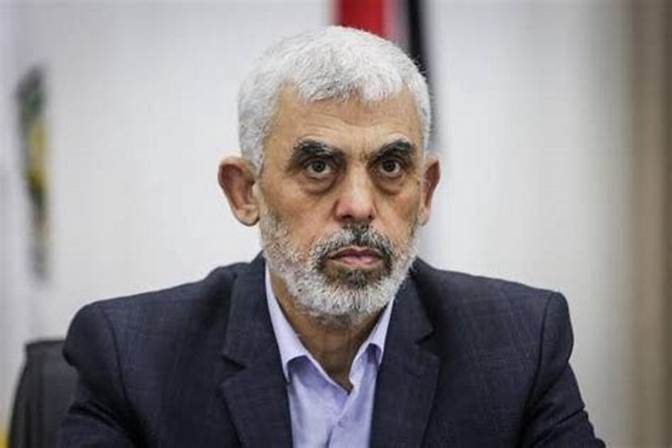Yahya Sinwar, the Hamas leader responsible for orchestrating the October 7th attack, is now the focus of a relentless pursuit by both US and Israeli forces. Sinwar is believed to be hiding deep within Gaza’s intricate network of tunnels and has reportedly taken the extreme measure of disguising himself as a woman to avoid detection. This desperate attempt to evade capture underscores the intensity of the manhunt.
In other news, former US President Donald Trump has launched a new fundraising campaign by selling digital trading cards. These cards feature various images of Trump, including ones of him dancing and holding Bitcoin, reflecting his continued engagement with his supporters through unconventional means.
Meanwhile, Meta Platforms CEO Mark Zuckerberg has made a bold accusation against the Biden Administration, claiming that the government pressured Facebook and Instagram to censor certain content. According to Zuckerberg, this censorship extended to posts about COVID-19, including memes, humor, and satire, raising concerns about free speech and government overreach.
On the international front, tensions are rising between Mexico and its northern neighbors. Mexican President Andres Manuel Lopez Obrador has decided to pause diplomatic relations with the US and Canada, following critical comments from the US Ambassador to Mexico. The ambassador had labeled Mexico’s judicial overhaul plan as a “major risk to democracy,” prompting Obrador’s strong response.
In Venezuela, the situation for journalists has become increasingly perilous under President Nicolas Maduro’s regime. With traditional journalism facing severe repression, Venezuelan reporters have turned to innovative methods to continue their work. To protect their identities, they have created AI avatars like “Bestie” and “Buddy” to serve as virtual news anchors, delivering important stories without risking arrest or worse. This inventive approach highlights the lengths to which journalists are going to ensure that the truth continues to be told in one of the world’s most challenging environments for free press.

